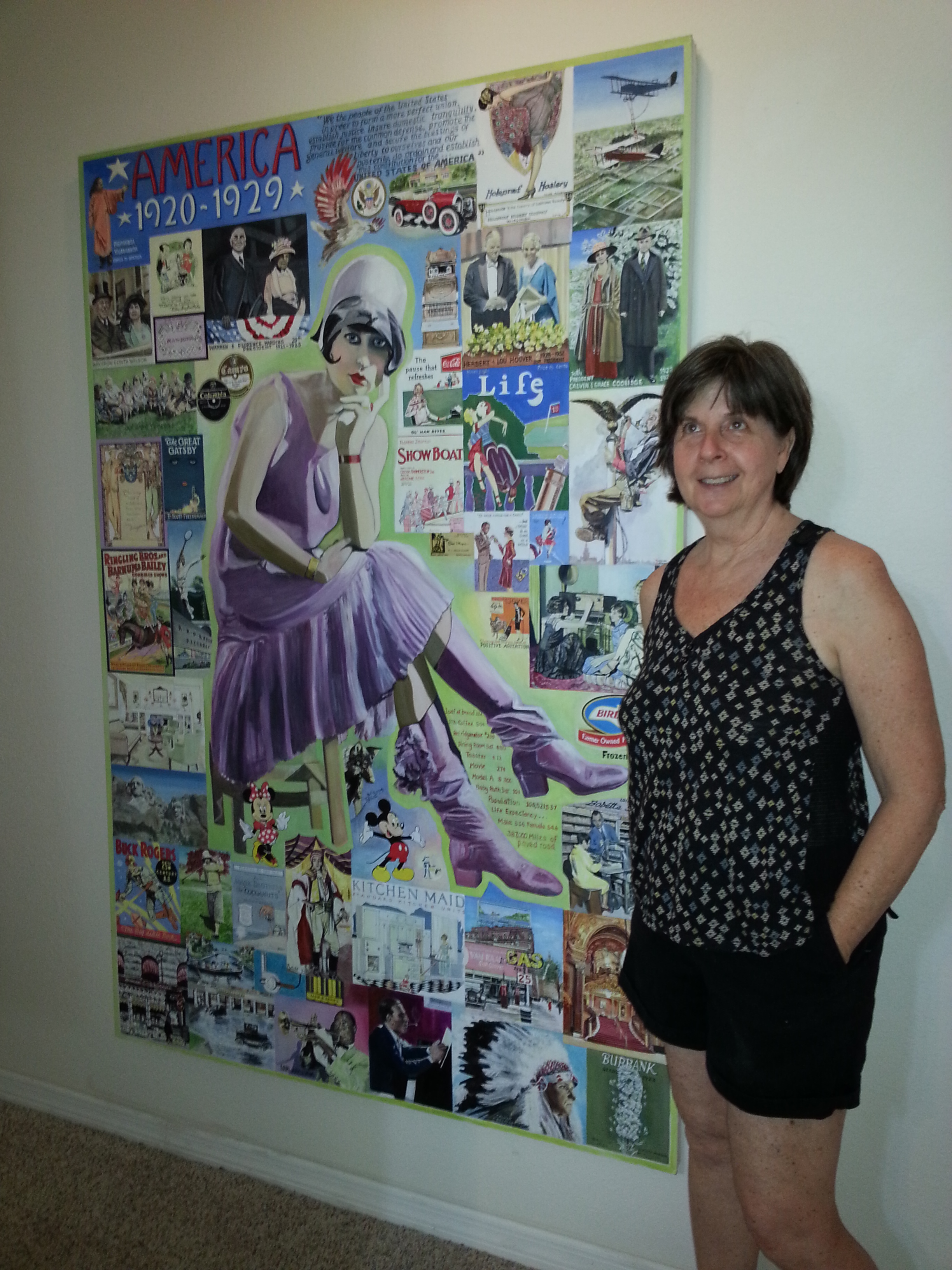Panera is Cutting Food Additives…Finally!
Panera Bread has announced that they will be eliminating some of the chemical additives in their food. Additives? Today, the company publicly published a “No No List” of artificial additives including colors, flavors, preservatives, and sweeteners that are banned from its restaurants as of today in the US (its rollout date in Canada has yet to be determined). […]
Meditation by Guest Blogger Bobette Stanbridge

I asked Bobette Stanbridge to be a guest blogger. I can tell just from talking to her that Bobette has had an interesting life; once living in California and then upstate NY and now in Sarasota, FL, where she has a sprawling beautiful home and a large art room where she creates her wonderful paintings […]